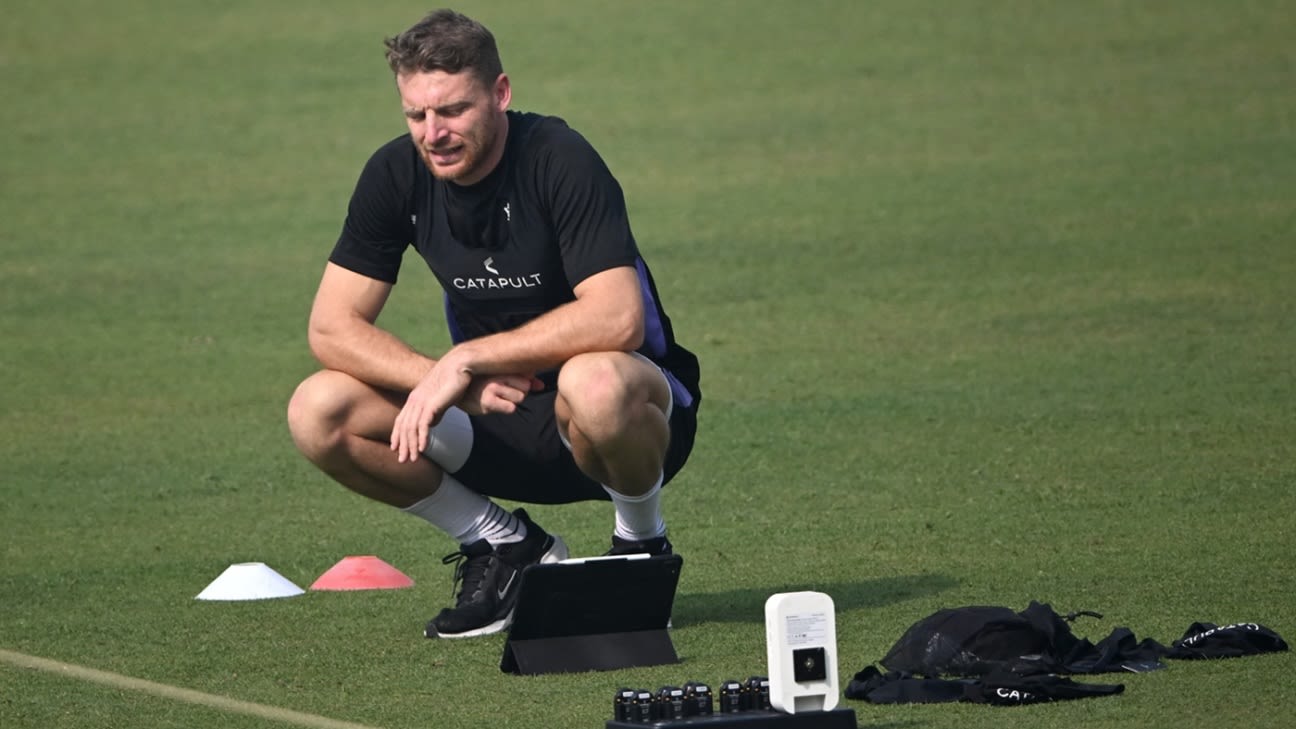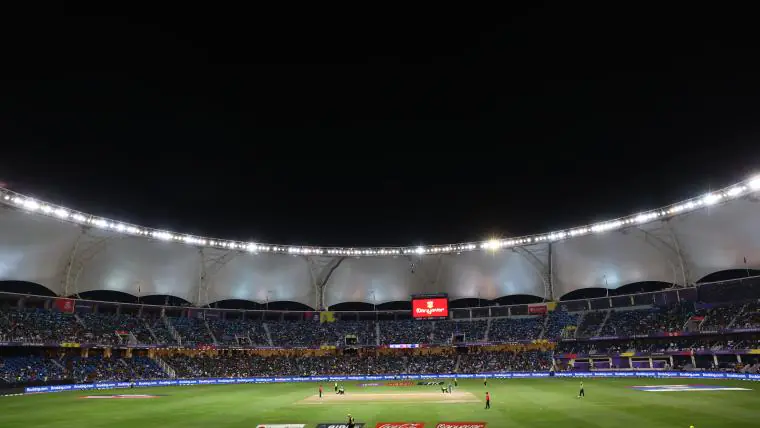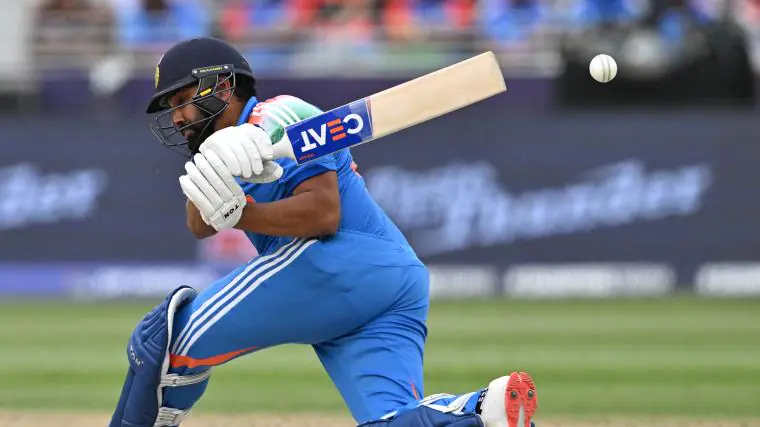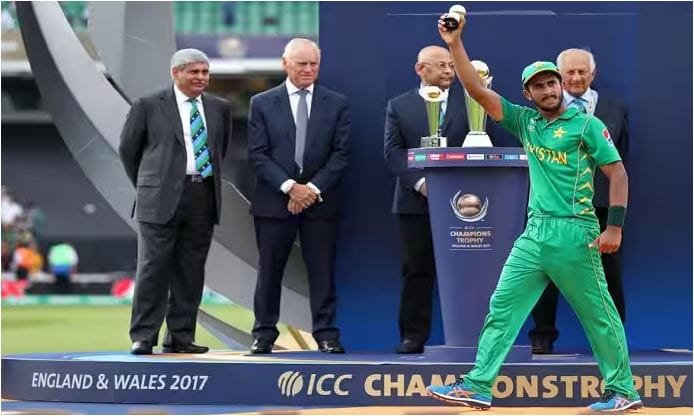
Jos Buttler, captain of the England cricket team, has expressed opposition to a proposed boycott of the scheduled match against Afghanistan in the upcoming Champions Trophy. The match, planned for February 26 in Lahore, has drawn political attention due to Afghanistan’s current regime and their treatment of women.
- Political Scrutiny: The match against Afghanistan has become a focal point for political debate due to human rights concerns.
- Expert Guidance: England’s players are staying informed through expert advice rather than making independent political decisions.
- Historical Parallels: The current scenario mirrors past events but with differing levels of direct player involvement.
Political Pressure on England’s Participation
A letter from Labour MP Tonia Antoniazzi to ECB’s chief executive, Richard Gould, highlighted concerns over Afghanistan’s human rights issues, particularly the treatment of women under the Taliban. The letter, signed by over 160 British politicians, urged the England team to boycott the game as a stand against the regime’s oppressive policies.
The letter described Afghanistan’s situation as an “insidious dystopia” with “sex apartheid” affecting millions of women. It emphasized the symbolic importance of a boycott in sending a strong message against these abuses.
ECB and Political Leaders’ Stance
In response, Gould rejected the call for a boycott, arguing for a collective, ICC-led approach instead of unilateral action. His position was supported by UK Prime Minister Keir Starmer and Lisa Nandy, the sport and culture secretary. Both agreed that a coordinated international response would be more effective, cautioning that boycotts could be “counterproductive.”
Jos Buttler’s Perspective
Buttler, speaking in Kolkata before a T20I against India, maintained that the team would rely on guidance from experts in such complex political matters. He emphasized that the players aim to stay informed and follow the advice of cricket authorities like Rob Key, ECB’s men’s managing director.
He stated, “Political situations like this, as a player you’re trying to be as informed as you can be. The experts know a lot more about it.”
Historical Context and Players’ Role
The situation recalls the 2003 World Cup dilemma when England faced pressure to boycott a match against Zimbabwe due to its political situation. Unlike that instance, Buttler believes the current team won’t face individual pressure to make such decisions.
He added, “We hope to go to the Champions Trophy and play that game and have a really good tournament.”
Check out the Champions Trophy Stats


